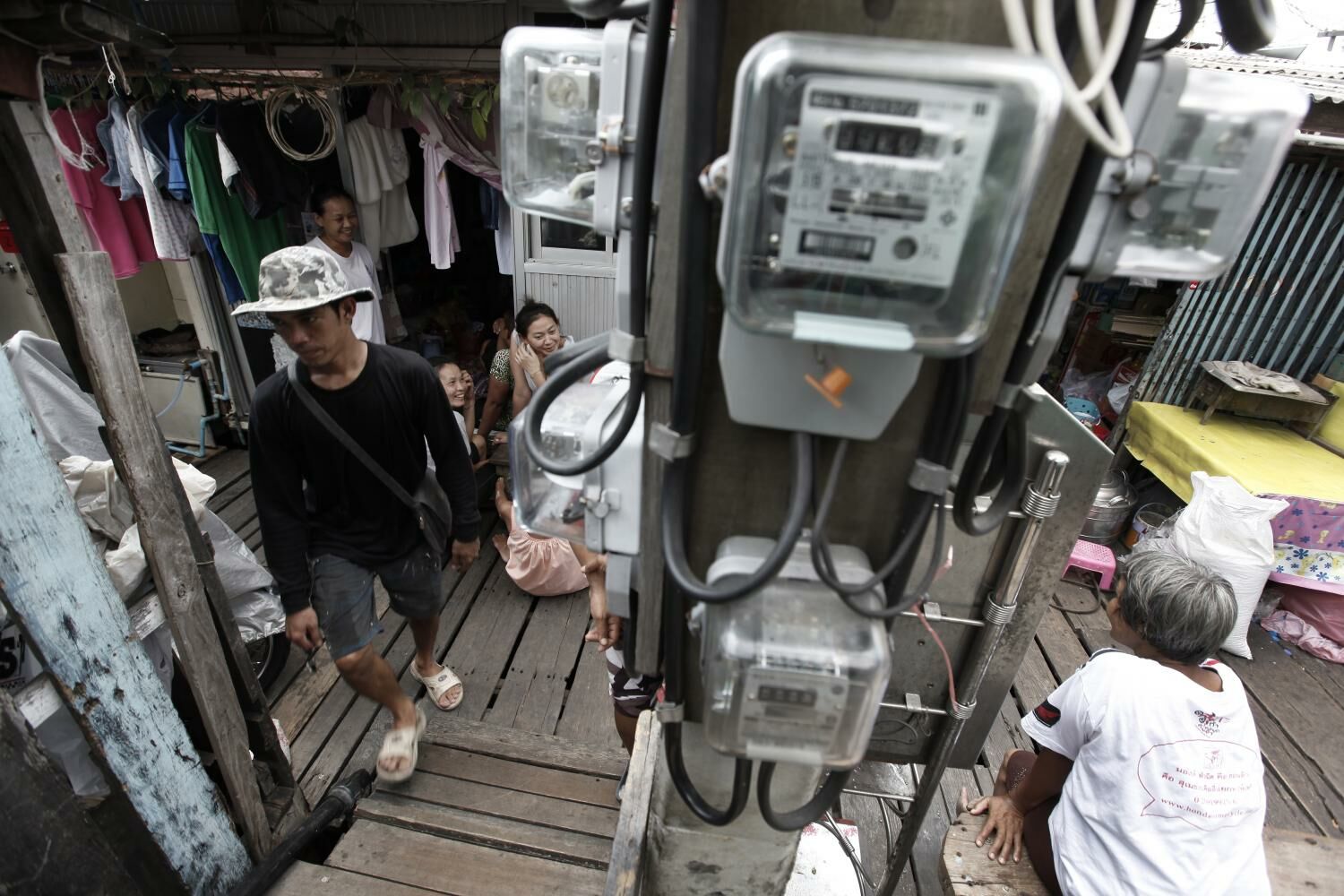Rising electricity bills spark energy policy debate ahead of Thai general election

High electricity bills have become a significant concern for voters, leading political parties to focus on their energy policies as they look to gain support in the upcoming general election. This comes after a new power tariff of 4.70 baht per kilowatt-hour took effect, which has resulted in costlier electricity bills for consumers.
The Energy Regulatory Commission decided to reduce the power tariff from 4.72 baht per unit for households and 5.33 baht per unit for businesses. Pichai Naripthaphan, 42 years old, a former energy minister affiliated with the Pheu Thai Party, said the party plans to immediately decrease the price of electricity, as well as oil and gas in the short term to relieve the financial burden on consumers.
In the long term, the party aims to progress with discussions on an overlapping claim area (OCA) between Thailand and Cambodia. This could pave the way for the joint development of a new petroleum site in the upper region of the Gulf of Thailand. According to the Department of Mineral Fuels, the OCA is likely to be a new petroleum source for both countries, as it is located near the Bongkot and Erawan gas blocks. The party also plans to promote the greater use of renewable energy to reduce Thailand’s dependence on fossil fuels.
Korn Chatikavanij, leader of the Chart Pattanakla Party, said on the campaign trail in Roi Et province that the power tariff of 4.70 baht per unit is too high considering the current price of imported liquefied natural gas (LNG). As a key fuel for power generation in Thailand, LNG prices have continued to fall. These prices are used to calculate the fuel tariff (Ft), a key component of the power tariff. Korn suggested recalculating or even waiving the Ft for three months so that the power bills would better reflect the actual cost of electricity generation.
Other political parties have also pledged to reduce electricity prices and promote renewable energy. Mingkwan Sangsuwan, a key figure in the Palang Pracharath Party’s economic team, has vowed to significantly reduce power bills. The Democrat Party emphasised the need to restructure energy prices in the country, while the Bhumjaithai and Move Forward parties have pledged to promote greater solar power usage, reports Bangkok Post.
Latest Thailand News
Follow The Thaiger on Google News:
























